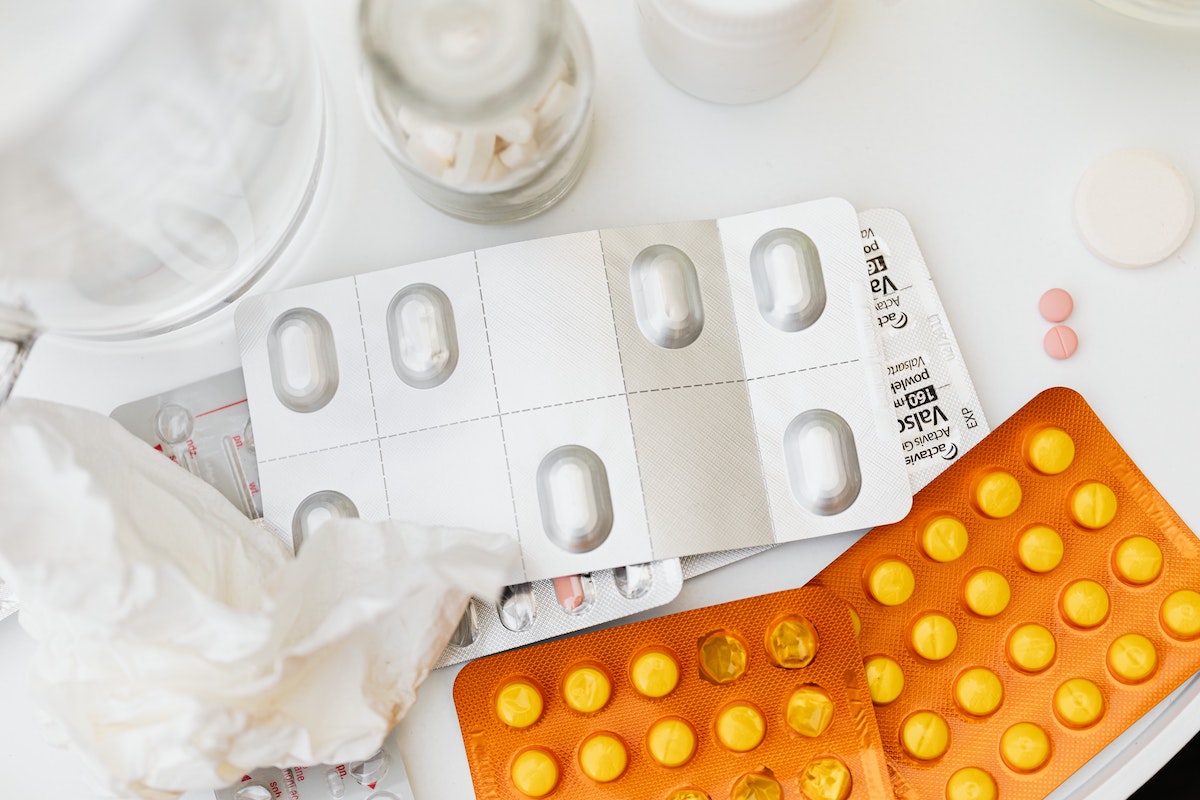Americans now rely on dozens upon dozens of prescription drugs, thanks to advances in scientific technology and discovery of new conditions. A lot of these medicines often have side-effects However, certain prescription drugs have more dangerous side effects than Nyquil and some can even be very addictive. Unlike other over-the-counter medications, Vicodin is one of the most commonly abused drugs in the country.
But what is Vicodin? How long does Vicodin stay in your system? What are Vicodin’s side effects? And how can this prescription opiate affect your body?
Learn the answers to all these frequently asked questions about the drug today.
What is Vicodin?
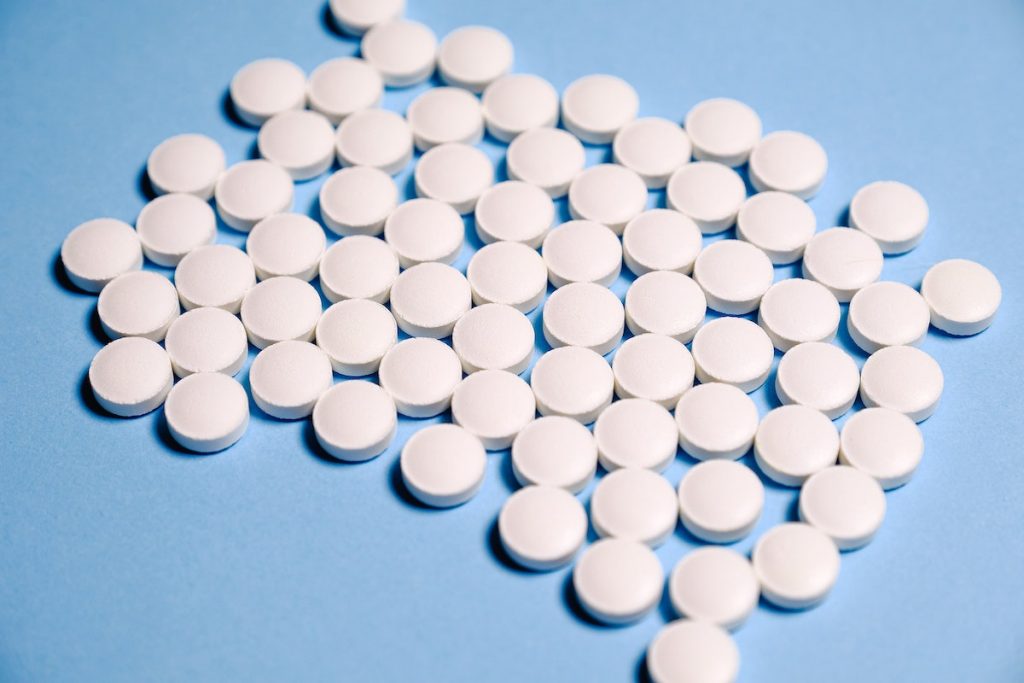
Vicodin is the branded name for a drug known as hydrocodone. Hydrocodone was developed decades ago as semi synthetic opioid for short-term pain relief. Hydrocodone is similar to another opioid, codeine, and is combined with an analgesic known as acetaminophen to create Vicodin. This drug is not a staple to for basic first aid because of its powerful effects and increased risk for addiction.
However, Vicodin prescriptions have been slowly growing since it was first released in the 90s. In fact, Vicodin, along with OxyContin, is now also prescribed to children as young as 12th graders. This is because Vicodin has been marketed as a way to manage even moderate pain, despite the risks of Vicodin addiction.
Vicodin is available in both pill form and liquid form, the latter is usually prescribed for children or people who may have difficulty swallowing. The dosage you receive will depend on multiple factors such as your age, condition and other drugs you’re taking.
How Long Does Vicodin Stay in Your System?
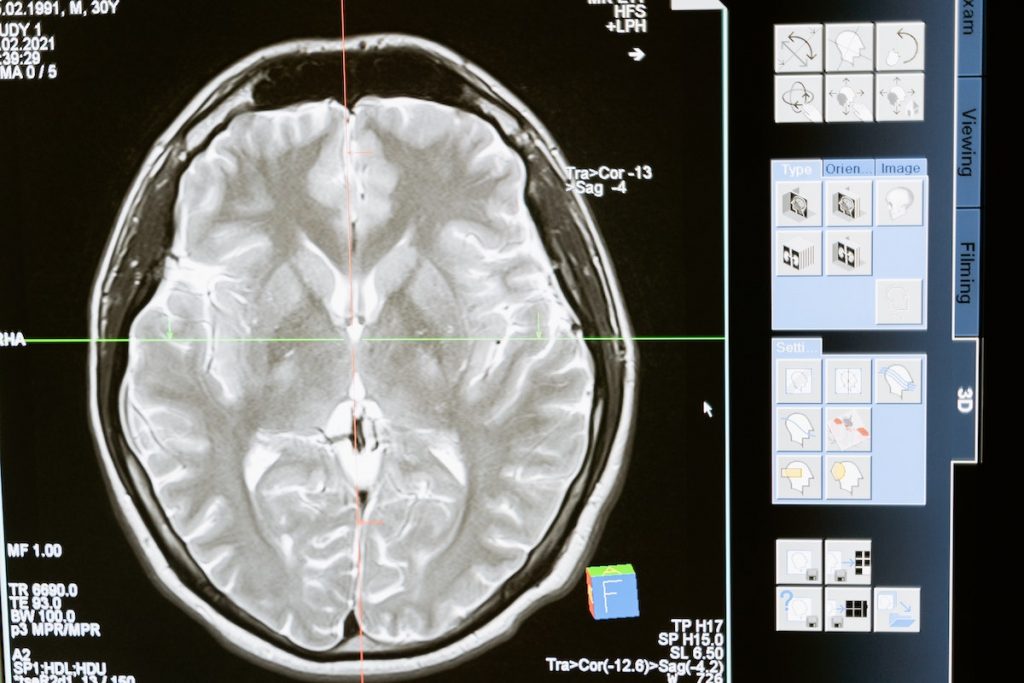
One of the most important questions concerning this drug is how long does Vicodin stay in your system? Unlike OxyContin and similar long-lasting pain relief medicines, Vicodin stays active in your system for only approximately 4 hours. However, the drug can remain in your system for days after you take it. This can be complicated if you have to take a drug test. Even though Vicodin is innocuous, it can still cause complications, especially if you need to take a drug that could interact negatively with it.
The half-life of Vicodin depends on both of its components, hydrocodone and acetaminophen. The half-life of the former is approximately 3 to 4 hours, which means in that span of time, the amount of the drug in your bloodstream decreases by half. Acetaminophen, on the other hand, has a half-life of about 2 to 3 hours. Trace amounts of Vicodin can there for remain in your system for as long as 24 hours and up to 72 hours in your urinary tract.
How Much Vicodin Does It Take to Build Resistance?
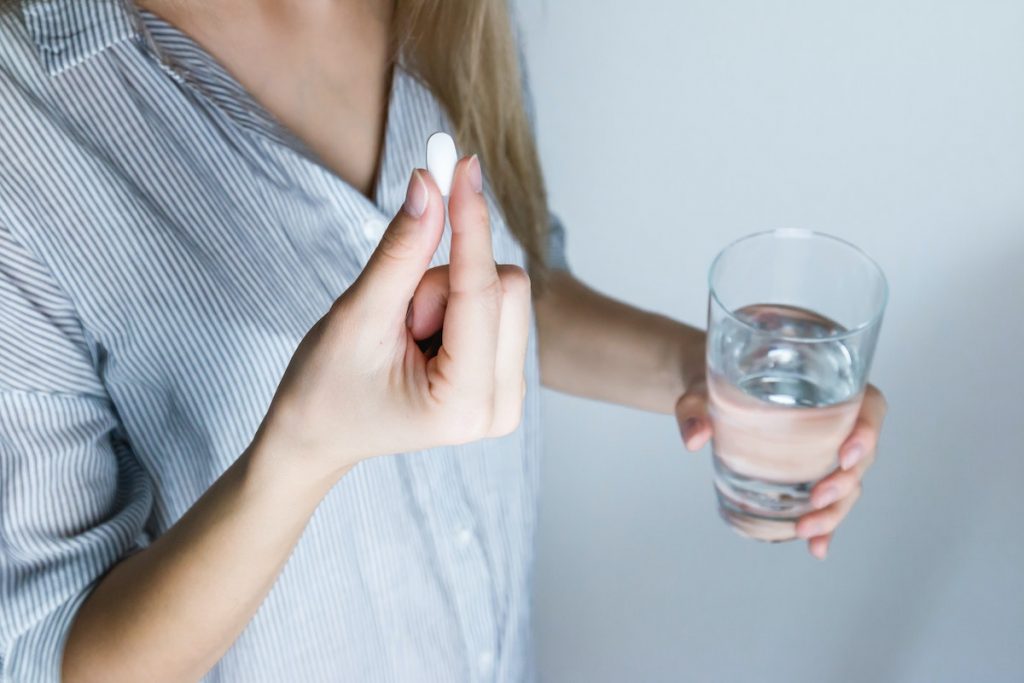
When people talk about Vicodin addiction, one factor that needs to be taken into account is the half-life of the drug. As mentioned above, it takes about a day for all of the Vicodin to effectively leave your body. How long Vicodin lasts in your system is key in understanding how people can develop a dependence and eventually an addiction to the drug.
Vicodin is only active for approximately 4 hours, but it stays in your system for perhaps an entire day. This means that if you take another Vicodin within that time frame, you are essentially adding more to your system before the previous dose has been flushed away.
When your body still has traces of a drug in your system, it slowly builds a tolerance to its effects. This means it will take more and more of the drug to achieve the initial effect. This is particularly true if you have to take Vicodin to manage chronic pain, which means you have to use it for prolonged periods. For this reason, some experts recommend finding alternative means to manage pain outside of pharmaceuticals. This can not only reduce the risk of building a tolerance to Vicodin, it could also spare you from going through a difficult drug detox.
What are the Side Effects of Vicodin?
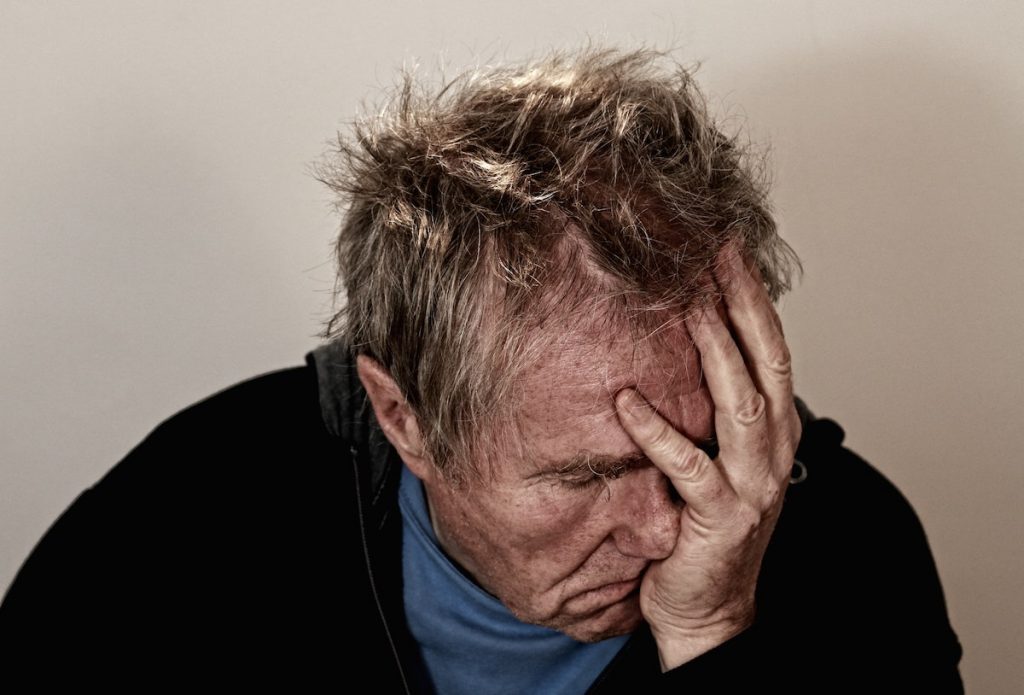
Aside from Vicodin addiction, abuse and the risk of overdosing, the drug has several side effects than can be harmful.
Some of the side effects of Vicodin include the following:
- You may experience digestive issues like nausea and vomiting
- Your digestive tract may start to get constipated
- You may experience mental effects such as entering a confused state or even depression
- The drug can alter your brain’s response to pain and even increase your sensitivity to painful sensations.
- Vicodin can lower testosterone in men which can reduce your sex drive and make you feel for lethargic and drained
- Finally, one of the most distressing side effects is physical dependence, which is when you display withdrawal symptoms when you stop taking Vicodin.
Vicodin undoubtedly brings much-needed relief to countless people around the country. However, there is a tendency to overmedicate with opioids and for doctors to prescribe powerful pain relievers. Understanding how long Vicodin stays in your system can help avoid the negative effects of taking the medicine.

